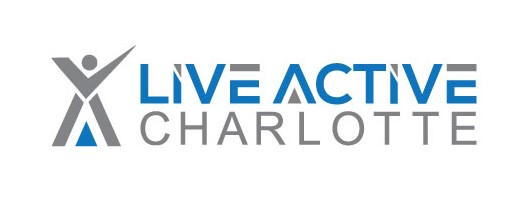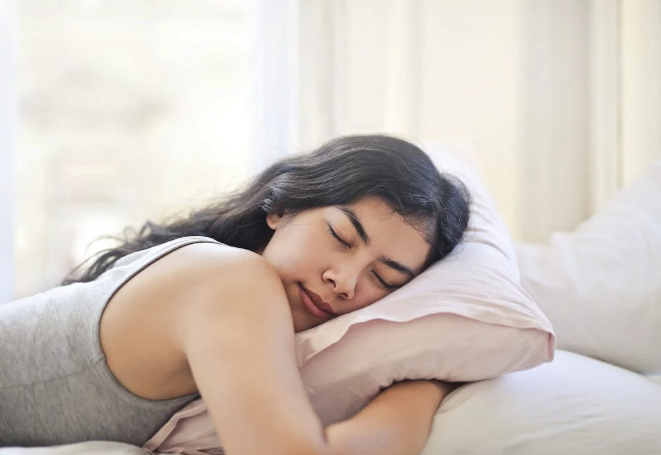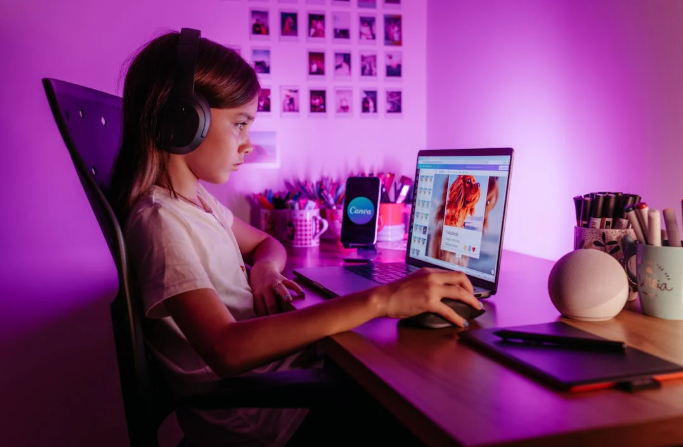Whether you’re just getting started with exercise, or a seasoned veteran; there are always aspects that you can improve upon to help you get the most out of your workouts. Lack of sleep and/or poor sleep patterns are common, yet in many cases can be corrected with a few simple changes.
Reduce your reliance on stimulants during the day
A cup of coffee in the morning is one thing, but a liter of coffee, followed by a Red Bull or some other energy drink to keep you from needing a mid afternoon siesta is not going to make going to bed any easier. You can’t expect your nervous system to relax at night, after overloading your body with caffeine or other simulants during the day.
Many people that feel the need for stimulants on a daily basis may find that improving their nutrition and starting an exercise program may be all they need to add a little pep in their step each day.
Mindful meditation and breathing
A recent study in JAMA Internal Medicine suggests that mindfulness meditation, a mind-calming practice that focuses on breathing and awareness of the present moment can help to improve sleep problems. These tools will help to elicit the relaxation response from the body; which is opposite to the stress response. For many people, sleep disorders are closely tied to stress.
Mindfulness meditation involves focusing on your breathing and then bringing your mind’s attention to the present without drifting into concerns about the past or future. It helps you break the train of your everyday thoughts to evoke the relaxation response, and help improve restful sleep.
Create habits
A simple way to keep your brain from wandering about what you need to tomorrow, when it’s time to sleep is to create a “to do”list. This trick alone can help reduce a lot of stress that often results in sleepless nights. Keep a pen and paper nearby for those moments when something pops into your head. Write it down, and get back to sleep; don’t dwell on it.
You should also avoid lying in bed and watching TV. The only things you should associate with your bed are sleep and sex. If you find yourself in bed watching TV, or doing work; you may find increase difficulty getting to sleep when the time comes.
Control your body’s clock
Humans have biological rhythms, known as circadian rhythms or “body clocks”, which are controlled by a biological clock and work on a daily time scale. Your circadian rhythm is influenced by lighting and time cues. Whether a “night owl” or “early bird” you often have a normal circadian rhythm. These kinds of sleep disorders can be caused by an inadequate ability to reset the sleep/wake cycle in response to environmental time cues.
Many people that work on a 3rd shift, 12 or 24 hour shifts may struggle with restful sleep due to they may find themselves ready to sleep while the sun is rising. One way to help decrease the effects of light on your sleep is to dim the lights as you get closer to preparing for sleep.
Sleep is often overlooked when it comes to recovery from training. If you’re having problems getting restful sleep, try some of these tricks and let us know if they help!

Dr. Brian Strump is a chiropractor and owner of Live Active Charlotte, a CrossFit/functional fitness gym located in the Steele Creek area of Charlotte.
If you’re interested in making a change in your health or simply have questions, you can learn more about Brian and his staff by visiting: liveactiveclt.com

Sign up for our Sunday Spectator. Delivered to your inbox every Sunday, with all the news from the week.











